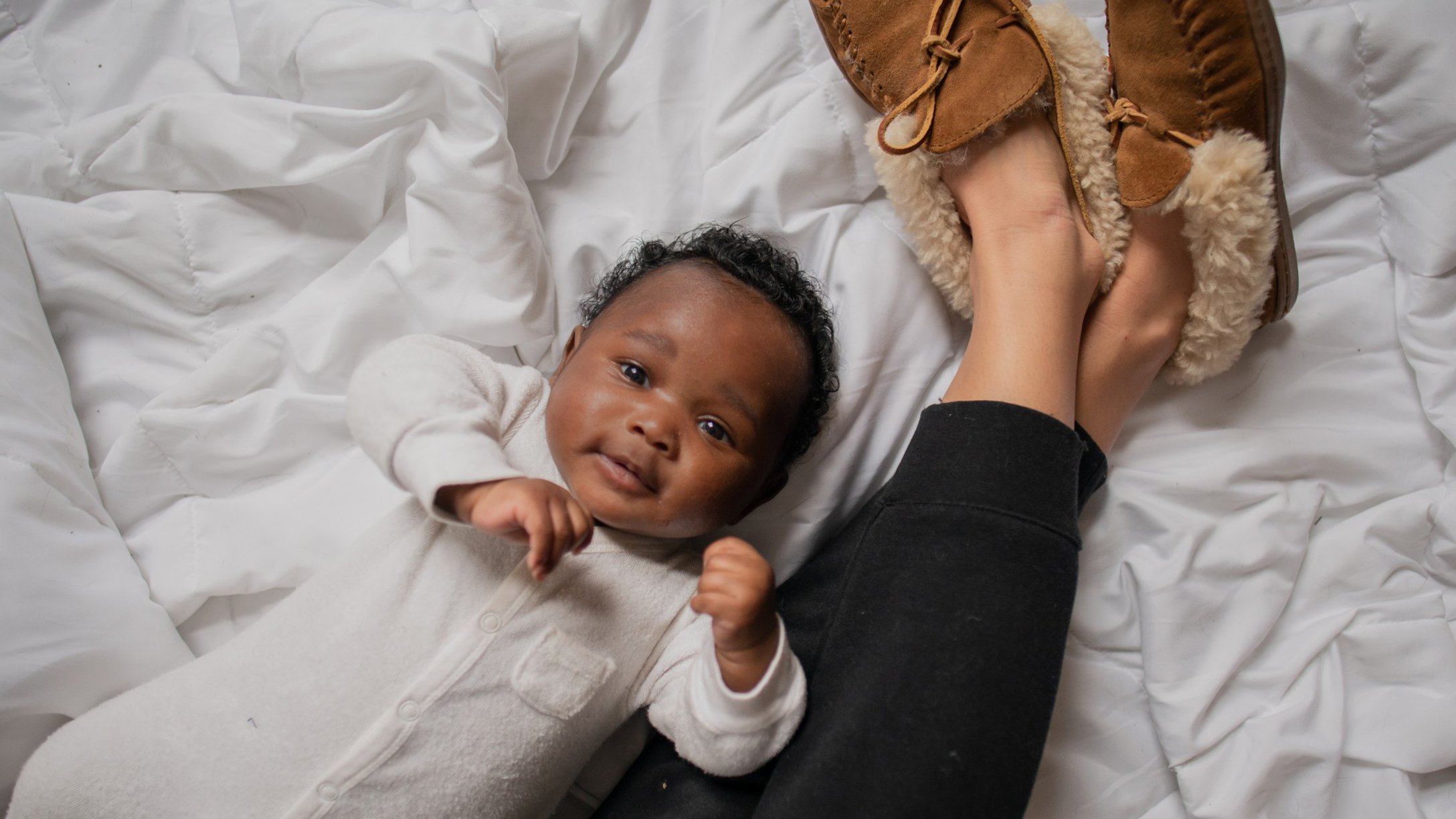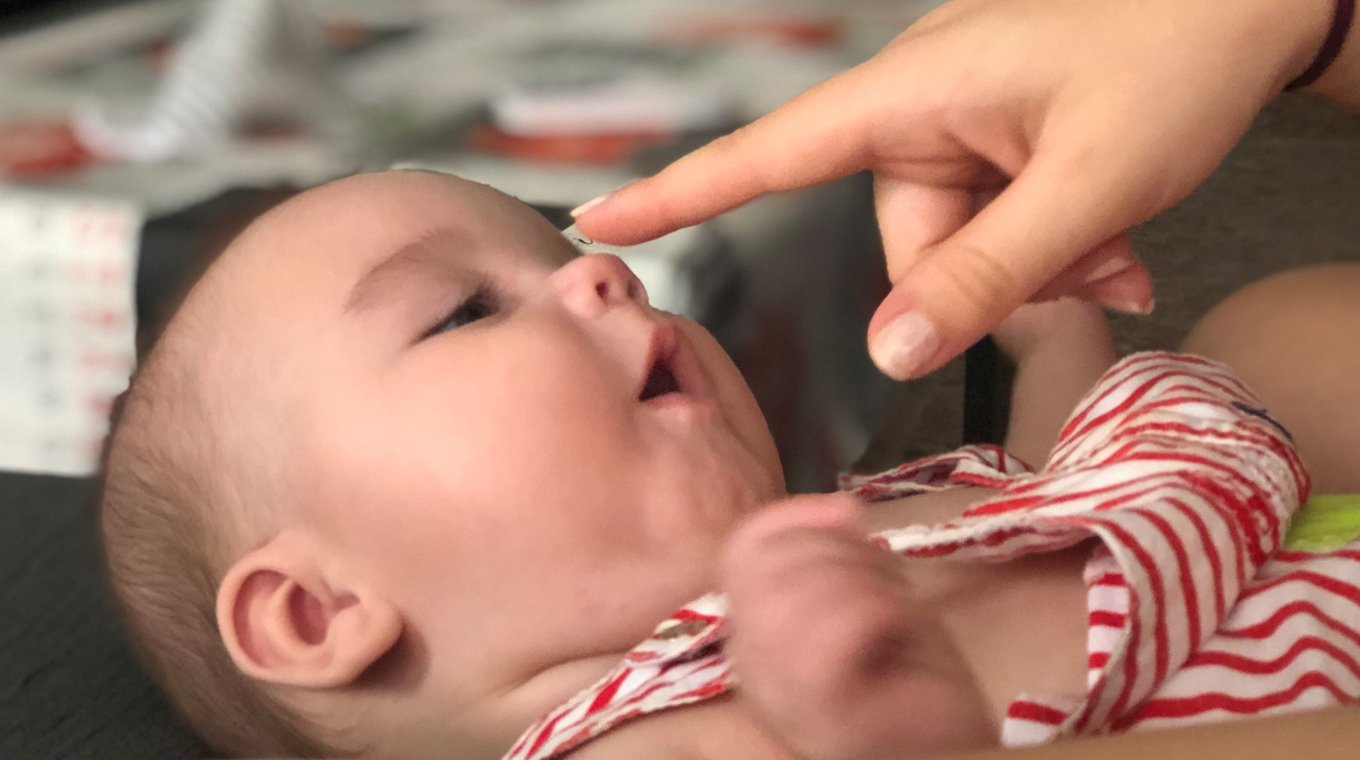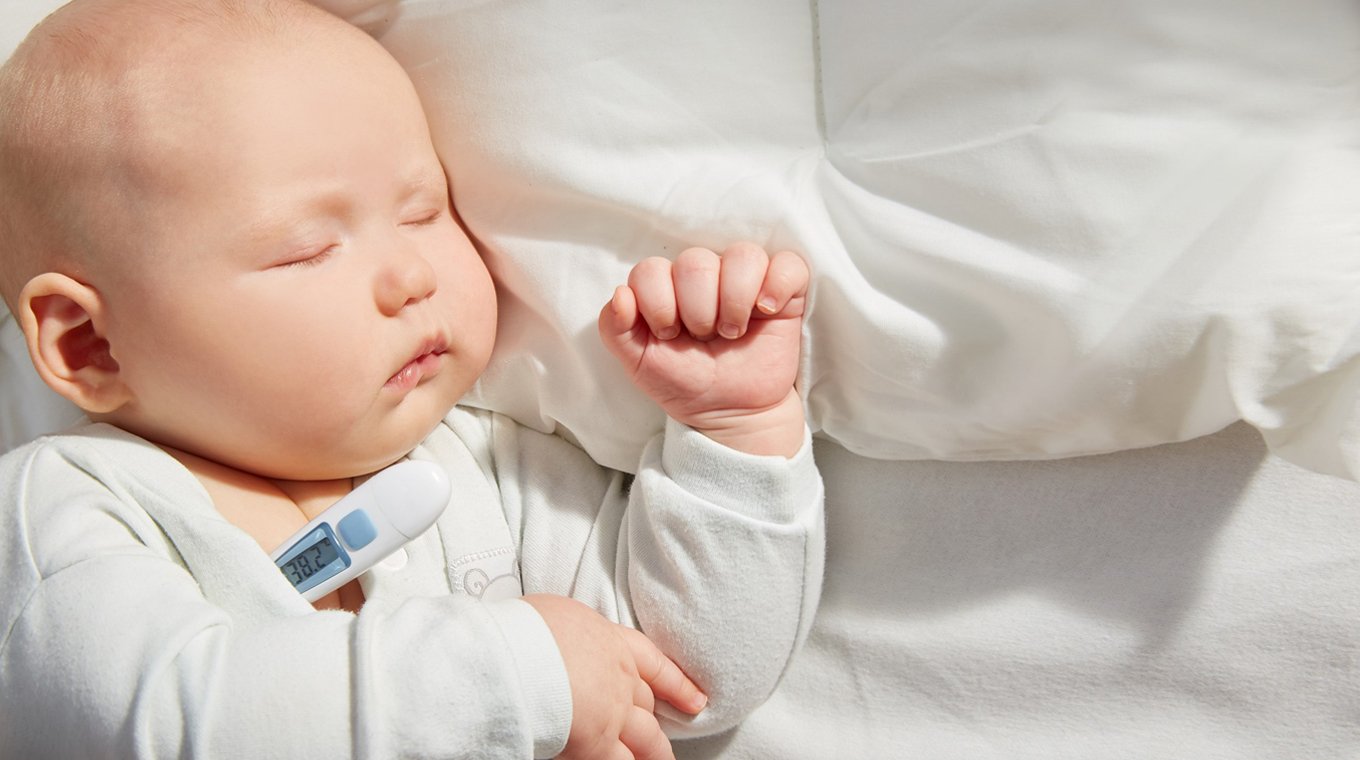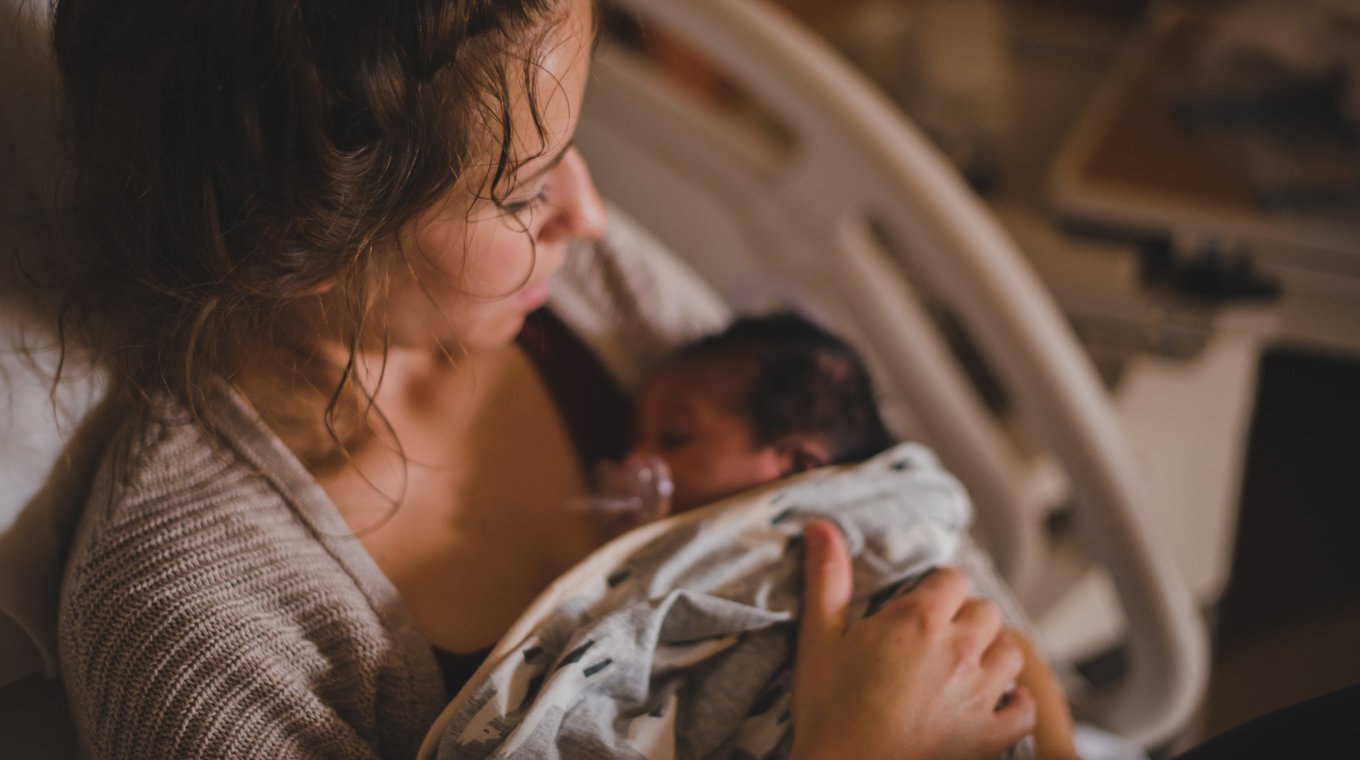
In this article
With so much uncertainty regarding the novel coronavirus, you may be concerned with what would happen if you or your baby got sick. It is normal to feel some anxiety about a new illness about which so much is unknown.
However, keep in mind that according to Johns Hopkins Medicine, babies and children appear to be less suceptipble to the coronavirus and get a milder case of the virus when infected. Staying vigilant about all health risks is advisable, but there is no need to panic about your kids.
What is the coronavirus?

You’re probably hearing about the coronavirus and COVID-19 in the news frequently. Let’s take a moment to define what each is. Novel coronavirus is a new strain of the coronavirus that was discovered in China in late 2019. Those who come in contact with the coronavirus develop an illness referred to as COVID-19. Symptoms of COVID-19 include coughing, a fever, and shortness of breath.
Left untreated, COVID-19 can lead to pneumonia in the lungs and potential death. Those who are most susceptible to upper respiratory infections are at greatest risk. These include the elderly and anyone with a history of respiratory issues.
When it comes to the flu and other viral infections, children are often part of a high-risk category. The CDC does not have young children listed as a high-risk category for the coronavirus. Most cases have been reported in adults and the infections confirmed in children, including very young children, have generally been mild. Most children report cold-like symptoms and do not develop a serious infection.
How to tell the difference between the flu and the coronavirus

Getting sick with the flu or the coronavirus can look similar, even though they are caused by two different viruses. Both the flu and COVID-19 can cause a fever, cough, body aches, and fatigue. It is possible to have vomiting or diarrhea in either case. Both the flu and COVID-19 can affect someone either mildly or severely, with either potentially leading to pneumonia or acute respiratory distress.
Some of these symptoms are more prevalent with the flu than with the coronavirus, including diarrhea and vomiting. Because the symptoms are so similar between the two, it’s important to get yourself tested if you start to feel sick.
Tips on how to protect your newborn and yourself from the coronavirus
- Aggressively adhere to social distancing advisements.
- Avoid crowds.
- Pay close attention to announcements from state and local governments regarding restrictions that may be enforced in your neighborhood.
- Wash your hands frequently.
- Keep all surfaces clean, especially those that your newborn may come in contact with.
- Do not let anyone kiss or hold your baby.
- If you are exhibiting any of the symptoms of the coronavirus, make sure to contact your doctor.
What to do if you get sick

The first thing to do if you start to feel sick is to get tested for either the flu or the coronavirus. Limit your contact with other individuals. If you have to cough or sneeze, do so into a tissue or into the crook of your elbow. Antibiotics cannot treat either of these conditions but your doctor will treat the symptoms to help reduce the fever and deal with body aches and pains.
Will your baby get sick if you do?
The Centers for Disease Control (CDC) says that the coronavirus is most commonly spread when someone comes in contact with infected droplets. The most common cause is when someone sneezes or coughs, spreading the germs. The germs may live on plastic, metal, or glass for days if the surfaces are not cleaned and disinfected. Those who come in contact with these infected germs may carry the coronavirus and potentially infect themselves by touching their hands to their eyes, nose, or mouth.
If you are sick and confirmed with COVID-19, you will likely be asked to self-quarantine or quarantine in a medical facility. This could mean you are kept away from your baby, due to the risk of infecting your child.
Can you still breastfeed if you get sick?
If you are confirmed with COVID-19, it’s advisable to refrain from a lot of close contact with your baby, making breastfeeding impossible. Breast milk is known to have protection against many illnesses but currently, the CDC does not know for sure whether or not breastmilk will transfer coronavirus to your baby. The CDC recommends talking with your healthcare provider regarding expressing milk in the event that you confirmed to have the coronavirus.
If expressing milk is still part of your postpartum feeding plan, you will need to make sure you are washing your hands vigilantly and disinfecting all components, including collection devices, that will provide the nutrition to your baby.







